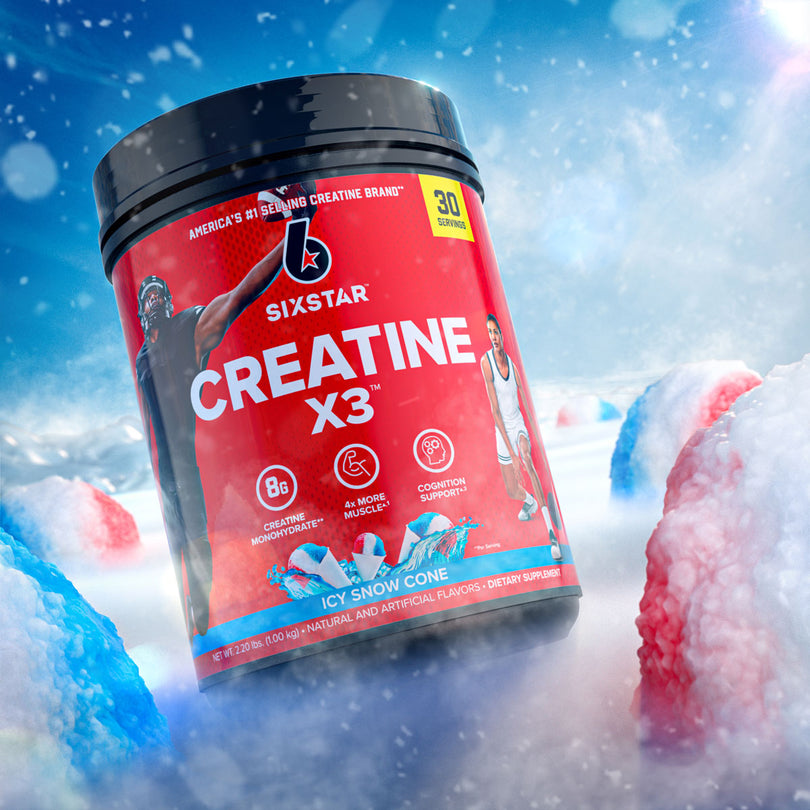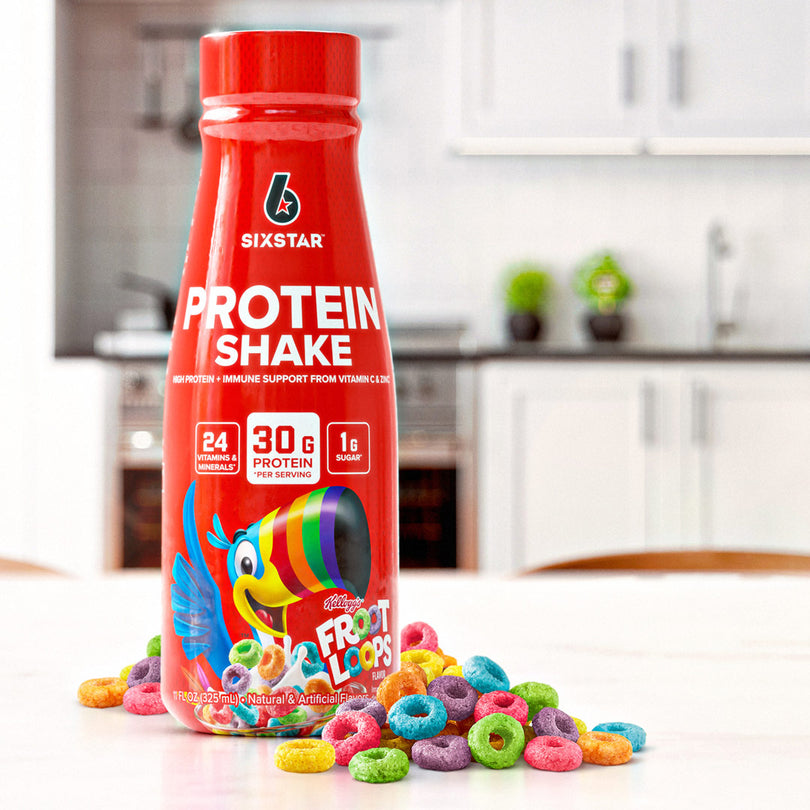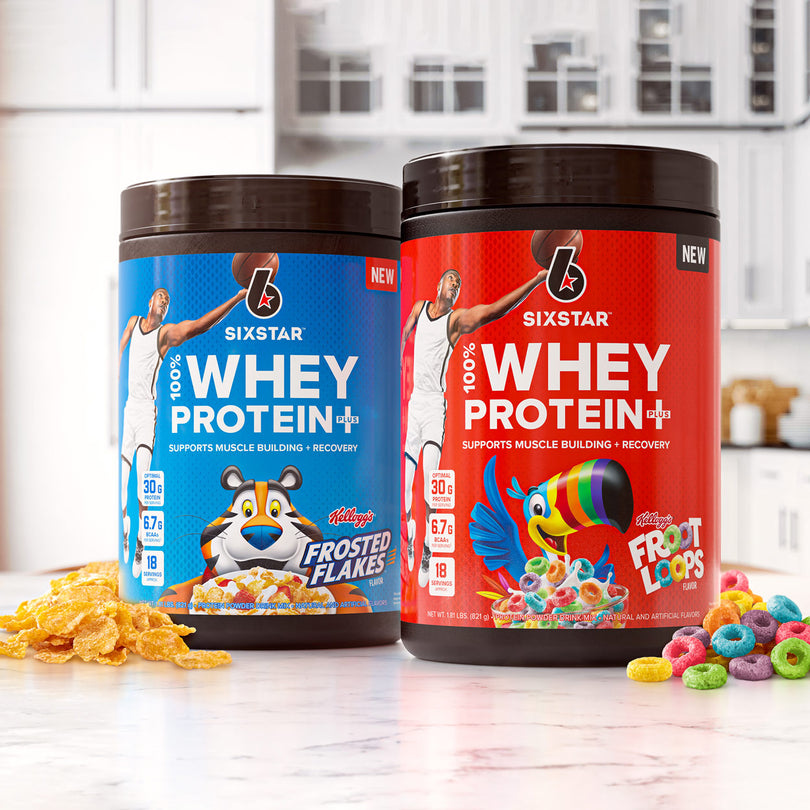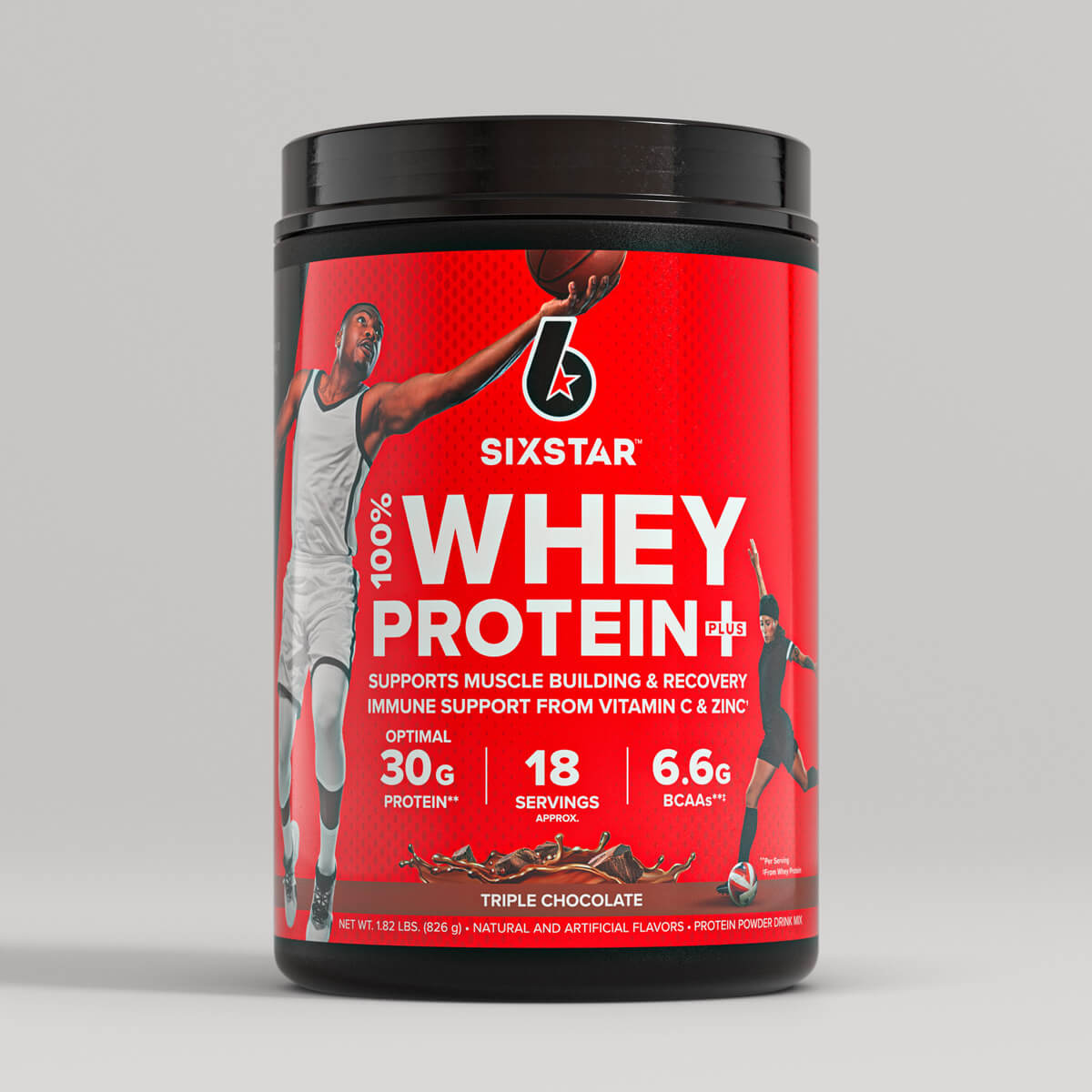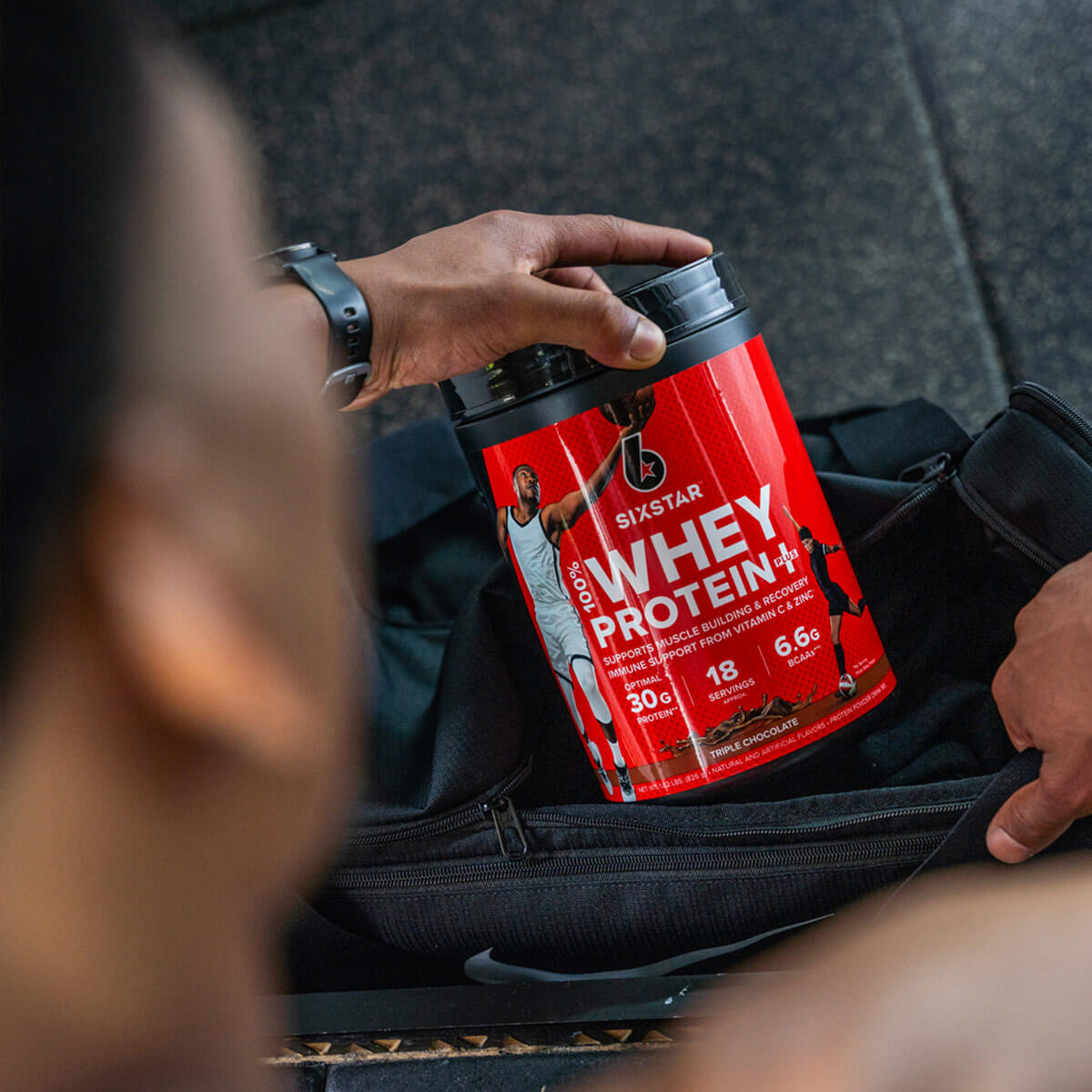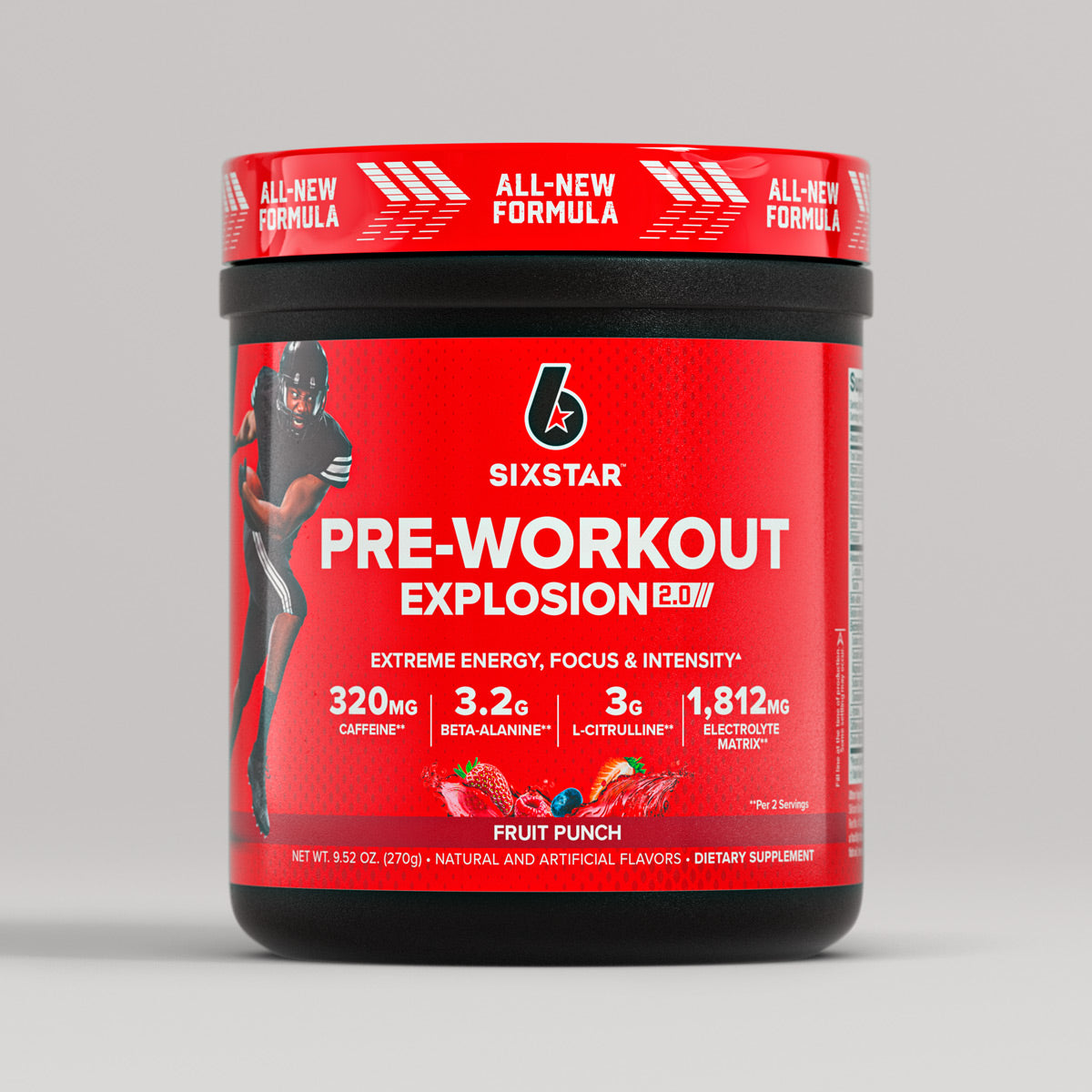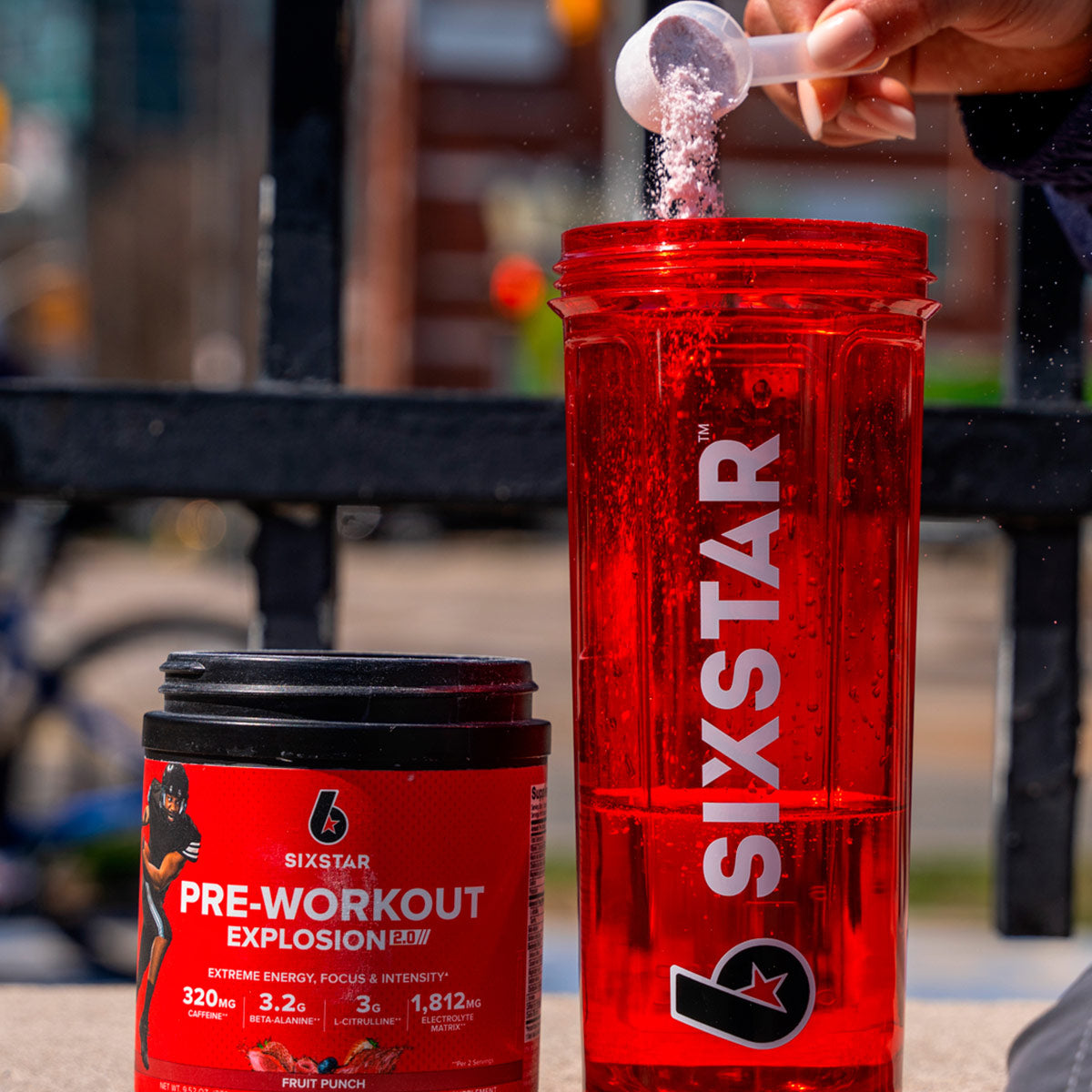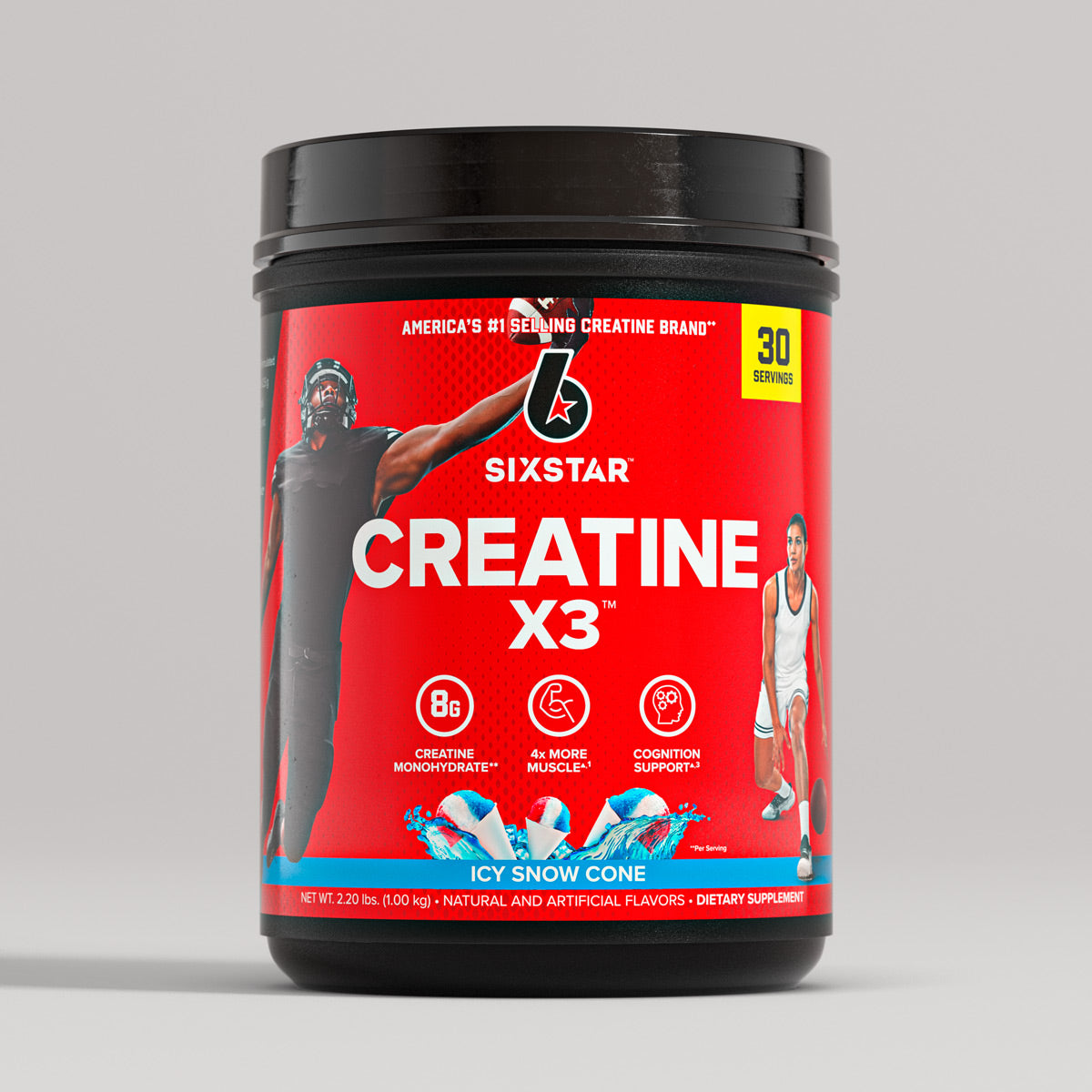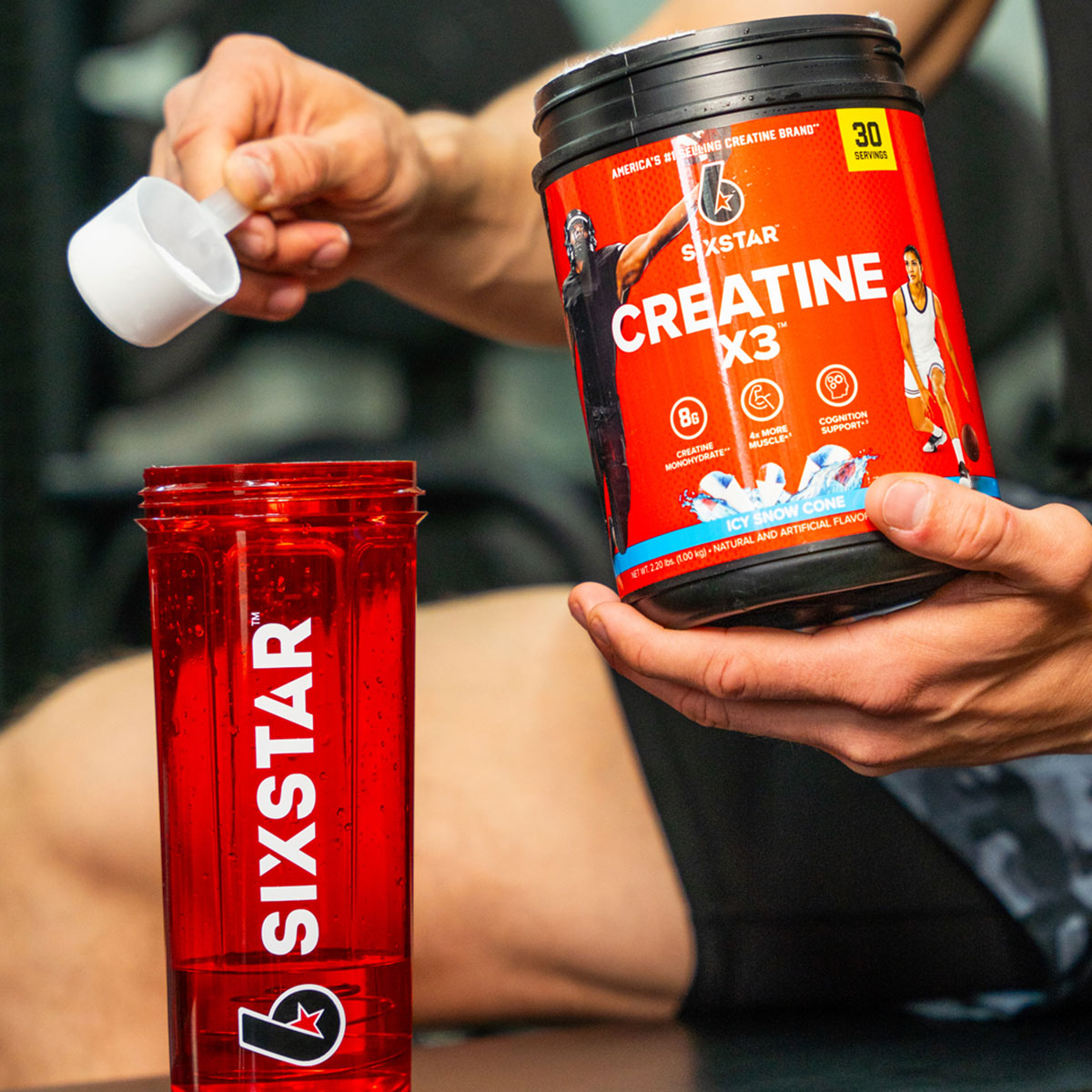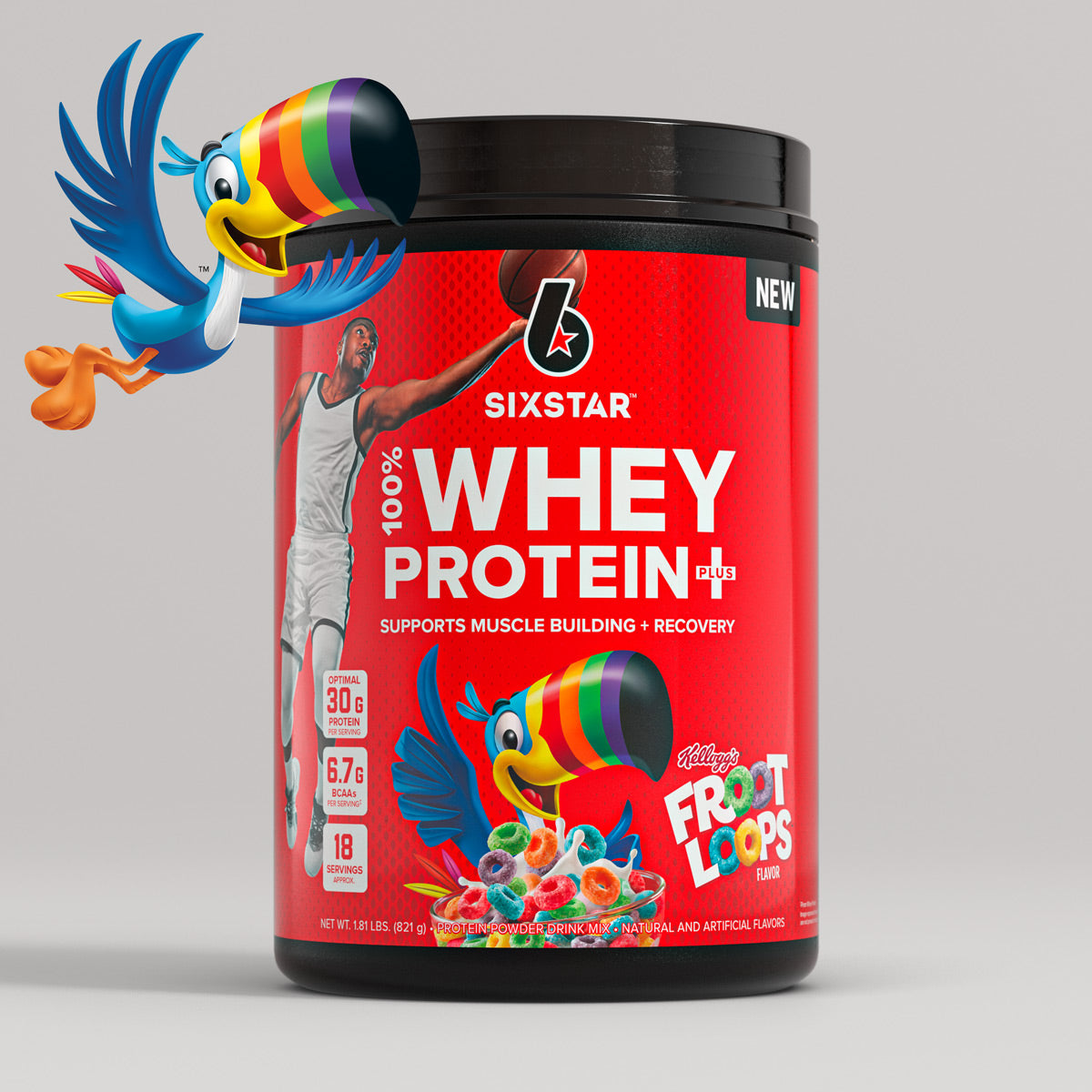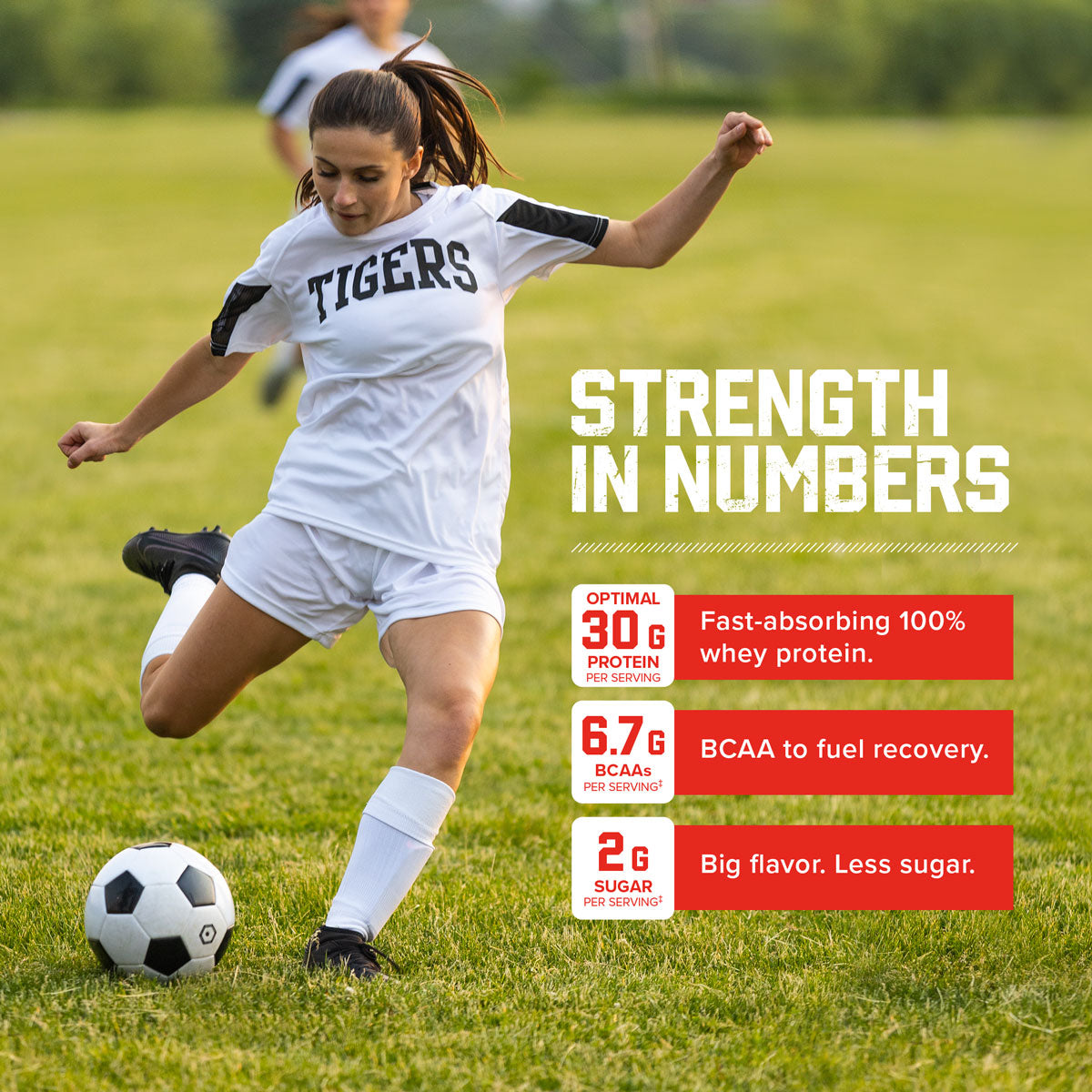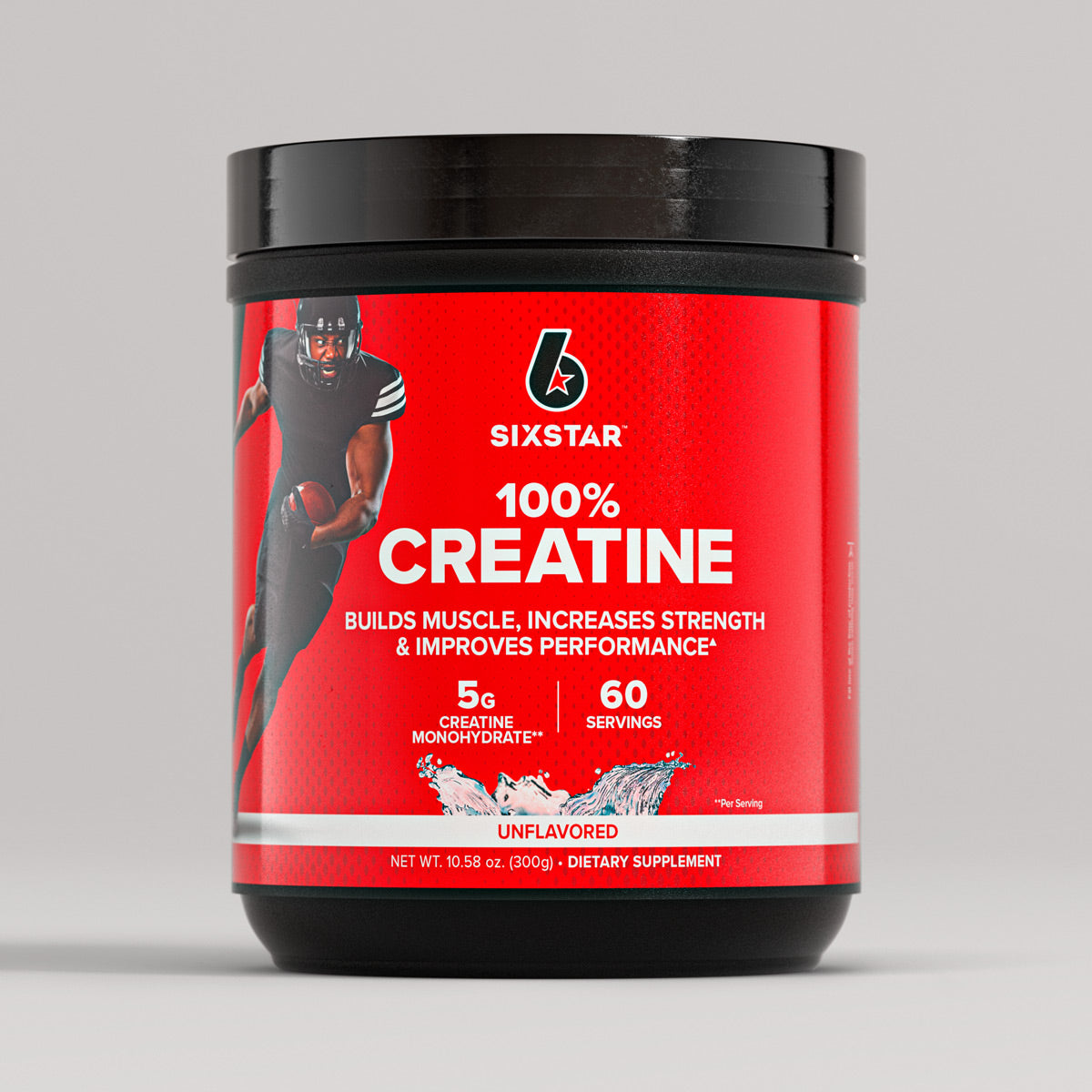When you consider that your body is about 60% water, your brain and heart both 73%, and your lungs, kidneys and muscles a staggering 83%, it’s no wonder you never hear the end of how important it is to stay hydrated and replenish lost fluids, particularly after exercise.
The reason water accounts for the majority of our anatomy is because it’s so multi-functional. It lubricates joints, helps to flush waste from our systems, it helps to transport nutrients in the bloodstream, it acts as a shock absorber for our spines, brains and growing fetuses, it helps to regulate body temperature and so much more.
The recommendation for daily water intake has been eight US cups per day for as long as we can all remember, but when it comes to athletes—often training long, intense hours—sometimes in humidity and the grueling sun—hydration recommendations look quite different from the general public.
Here is exactly how much hydration athletes require before, during and after training, according to a sports nutritionist—and how to go about it smarter. Plus, we’re sharing the best hydrating foods, drinks and signs that you’re already dehydrated.
What causes us to lose fluids?
On a non-active rest day, you naturally lose about two to three liters of water per day (2). So just imagine how much more water you lose when we throw in the countless variables that may cause some people, especially athletes, to lose more than the standard 2 to 3 liters.
One way to calculate how much your individual body needs at rest (on non-training days) is to take your body weight in pounds and divide it by 2.2 in order to convert it to kilograms. Your body weight in kilograms is the amount of fluid ounces your body requires at minimum on a daily basis.
So if you’re a 150-pound female, you weigh 68 kilograms, and therefore require 68 ounces of water (8.5 cups) a day as a non-training baseline. We’ll get to athlete-specific recommendations in a bit.
Here are just a few variables that make it difficult to prescribe one blanket hydration recommendation for athletes:
- Exercise intensity and duration
- Temperature and humidity
- Amount of hydration breaks and hydration type
- Clothing and equipment
- Body size and composition
- Quality and hydrating or dehydrating nature of diet
- Other lifestyle habits
- Amount of perspiration
- Altitude
How much more hydration do athletes need?
According to Director of Nutrition at Precision Nutrition Brian St-Pierre (3), athletes can lose one to two percent of their total body weight very quickly during intense exercise. If you’re a 200-pound male, that’s anywhere from two to four pounds in a single training session.
That number will be even higher when training in the hot summer heat and humidity, or warm environments and results in body temperature and heart rate rising, elevated heart rate and will also alter your perception of how hard you're working. With aerobic sports like cycling or running, it will also slow you down. All bad news if your training is competitive or career-based.
St-Pierre says that in addition to the fluid you get from the food you eat, drink at least three liters of fluid on training days.
As far as when to consume your water on training days, it should look something like this:
- 1 liter (34 ounces) before and during training
- 1 liter (34 ounces) after training
- 1 liter (34 ounces) throughout the day, with roughly 1-2 cups of water with each meal
- That’s 102 ounces—so nearly 12.75 cups!—of water on intense training days.
St.Pierre adds that you lose more than just water when training hard for extended periods. Important electrolytes such as sodium, potassium, and more are also lost at a rapid speed and must be replenished to avoid hyponatremia (sodium deficiency)
To offset this, stay well in the safe zone, and fuel your training for improved performance, up the ante by replacing plain old water for an electrolyte-infused drink like Six Star Ultimate Hydration.
Signs you’re dehydrated
It’s a known fact that thirst perception is dramatically reduced during exercise, which means when you’re losing fluids during intense training, your body isn’t necessarily sending those key signals that you’re dehydrating and in need of a refuel.
Aside from just knowing this is the case and using the above guidelines to remain well hydrated for optimal training hydration, here are some signs you’re already dehydrated and need to replenish with some electrolyte-rich fluids, stat:
- Feel thirsty: Noticeable thirst is often a sign you’re already dehydrated
- Feeling dizzy or lightheaded
- Urine smells strong and is a darker yellow than usual. Use this guide to gauge hydration level by the color of your urine
- Infrequent urination (less than four times in a day)
- Feeling weak and fatigued
- Dry mouth, lips and eyes
- Muscle cramps
- Headaches
(whole list: 4)
The 7 most hydrating foods, according to the Cleveland Clinic:
Stock up on these water-loaded foods and supplement your fluid intake by snacking on these or adding them to dishes, especially on intense training days.
- Cucumbers (95% water)
- Celery (95% water)
- Iceberg lettuce (95% water)]
- Zucchini (95% water)
- Cauliflower (92%)
- Watermelon (91% water)
- Strawberries (91% water)
And remember that while certain foods and drinks are hydrating, the inverse is also true. Steer clear of too much caffeine (coffee, tea, soda and energy drinks), anything overly salty or fried and of course, alcoholic beverages, while hydration is top of mind.
The bottom line:
Athletes with a consistent and rigorous training regime are bound to lose plenty of fluids and electrolytes in the process of working on their sport and should not wait until the point of severe depletion to replenish.
Planning ahead is the best way to get ahead of dehydration, get the most out of your training and repair and recover faster in order to progress.
Follow the guidelines in this article and double down on hydration by upgrading your plain water with an electrolyte beverage. Even if you’re not training intensely, it’s still a good idea to supplement your hydration routine with an electrolyte beverage to outsmart dehydration—especially during those hot and humid summer months.
RESOURCES:
- https://www.usgs.gov/special-topics/water-science-school/science/water-you-water-and-human-body
- https://www.betterhealth.vic.gov.au/health/healthyliving/water-a-vital-nutrient
- https://www.precisionnutrition.com/how-much-water-should-i-drink#athletes
- https://www.nhs.uk/conditions/dehydration/
Pubmed guidelines for hydration for athletes : https://pubmed.ncbi.nlm.nih.gov/17277604/
Specific amounts to hydrate https://familydoctor.org/athletes-the-importance-of-good-hydration/
Various factors that change hydration needs from one athlete to another: https://www.mdpi.com/2072-6643/11/7/1550

